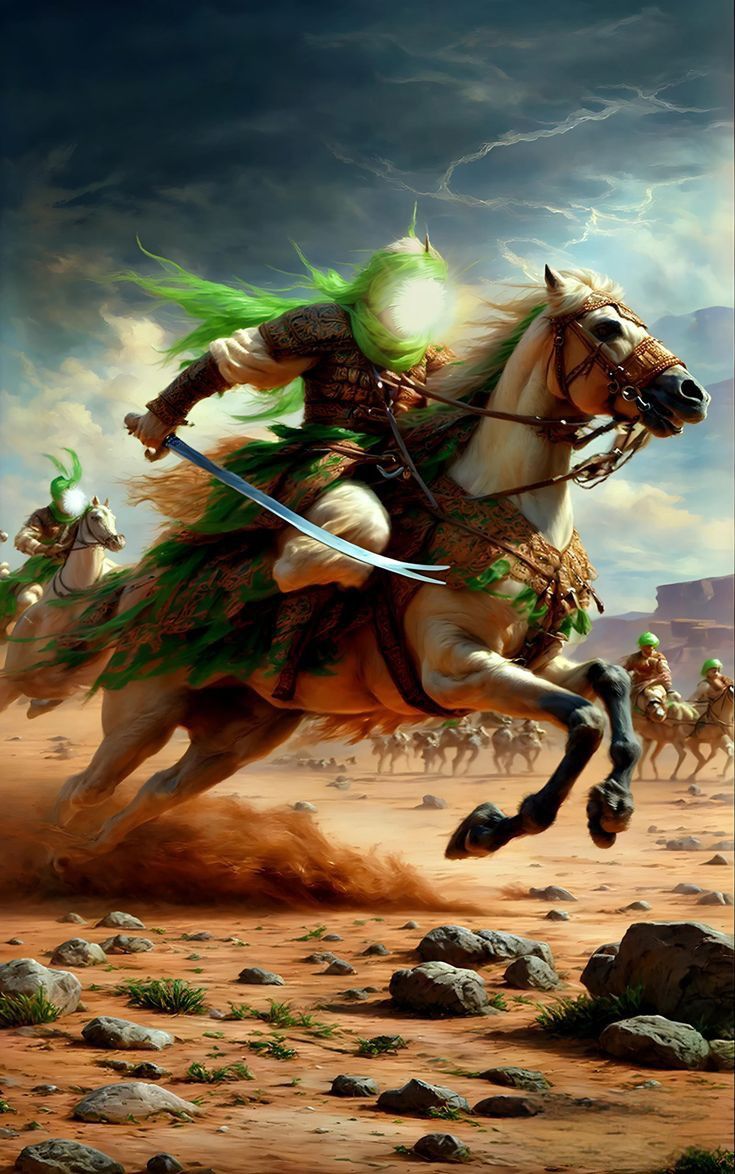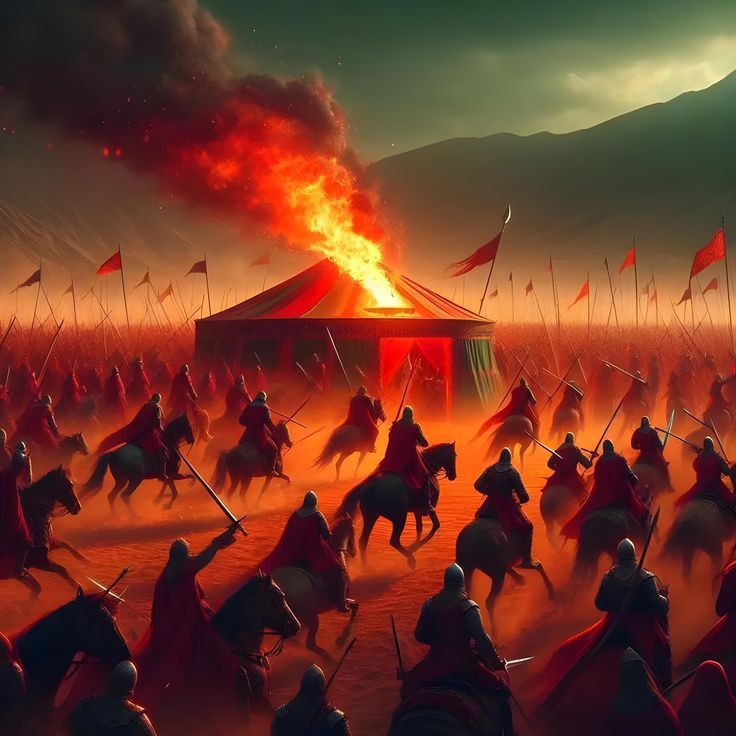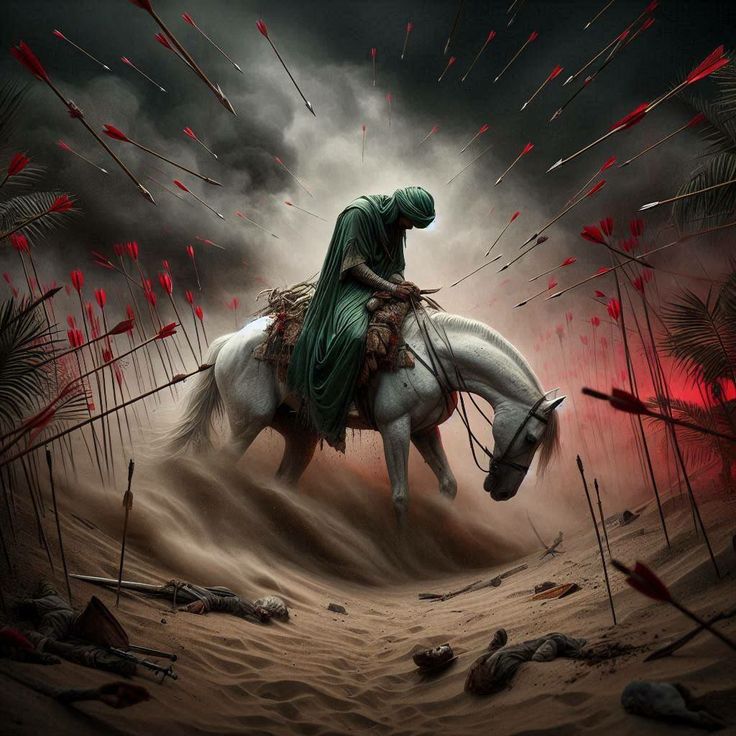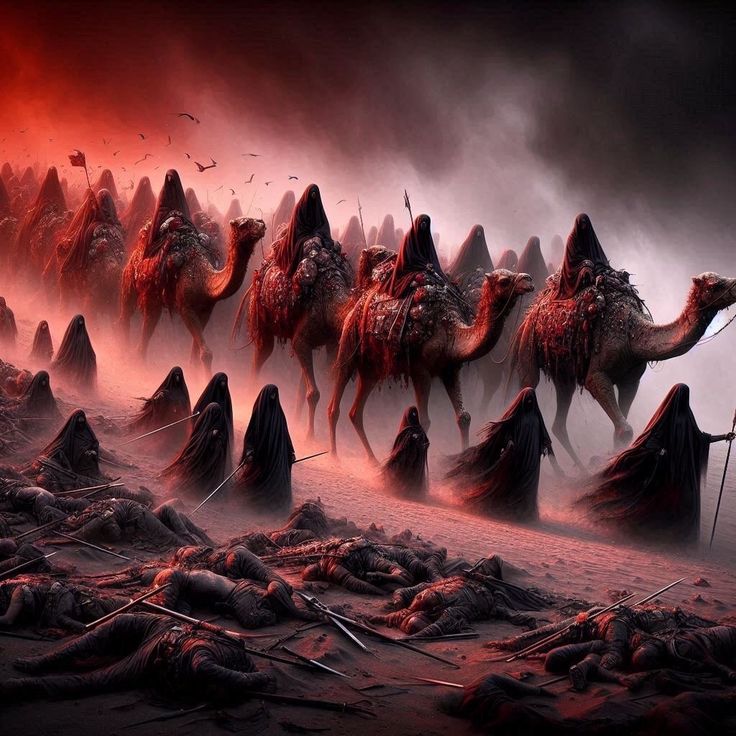The shrine at Hussain Tekri in the Ratlam District, Madhya Pradesh, is a place that holds great significance in the Islamic history and spirituality. It is as deeply ingrained in the miraculous elements of the era as it goes back to its history and vision that Nawab Mohammed Iftekhar Ali Khan Bahadur held in Jaora 135 years ago.


The shrine of Hussain Tekri was built in the 19th century by Mohammad Iftikhar Ali Khan Bahadur, the Nawab of Jaora. It is situated on the outskirts of the town of Jaora in the Ratlam district of Malwa region of Madhya Pradesh, India.
Mohammad Iftikhar Ali Khan Bahadur was buried in the same graveyard where Hussain Tekri is built. During the month of Muharram, thousands of people visit the shrines of Imam Hussain here, which is a replica of the ones in Iraq. The shrine is known for Hazri rituals intended to cure mental ailments.
Hussain(a.s) was the son of Holy Prophet Mohammad(a.s) and son of immaculate parents Imam Ali(a.s) and Syeda fatima(a.s).
He was mercilessly matyred in Karbala, Iraq on 10 Muharram 61AH(Ashura) along with all his family including his 6-month-old baby,by a huge army of over 30,000 soldiers of the tyrant Yazid, son of Muawiah.
Hussain (as), grandson of Prophet Mohammed (as), was God’s error-free Vicegerent on earth and Inheritor of all Guidance progressively revealed to mankind through Adam, Noah, Abraham, Moses, David, Jesus, and Mohammed (peace be upon them all).
He did not pay allegiance demanded by the tyrant and willingly sacrificed everything a human being can, in this unparalleled divinely ordained test event.
This unique and supreme sacrifice prevented God’s Religion Islam ( which means submission to HIM) from obliteration. This ensured continued pristine Guidance for the Salvation of Humanity. Truth, Justice, and Freedom remained as virtues, separated from Falsehood and Injustice.




The Bada Imambara stands as a tribute to the harrowing events of Karbala. On the 10th of Muharram in 61 AH (680 A.D.), Imam Husain (a.s.) and 71 of his family members and companions were confronted with huge over 30,000 men oppressive forces of Yazid, son of Muawiah.
All of them inclusing womed and children were starved and deprived of water for 3 days, but they stood firm in their commitment to truth and justice. The forces beheaded Imam Husain (a.s.) and his companions,including his 18-year-old son, Ali Akbar (a.s.), and his 6-month-old infant, Ali Asghar(a.s.). The women and children (including his 4 year old daughter Sakina / Ruqaiya who succumbed later ) were taken captive and subjected to severe mistreatment in Kufa and Damascus.
This profound sacrifice serves as a beacon of inspiration, reminding humanity of the virtues of courage, patience, and steadfastness in the face of oppression. Lectures and elegies (Majalis) continue to be held globally, keeping the memory of Imam Husain (a.s.) alive in the hearts of millions.




Within five years, Mohammed Ismail completed the shrines successfully and further erected a guest house called Raj Mohammed Sarai for visitors. The sanctum sanctorum constructed by Mohammed Ismail in the name of Imam Hussain’s death on the 10th day of Muharram became known as Hussain Tekri.


During Muharram, particularly on the days leading up to and including Ashura, various key rituals are observed by Muslims, especially within Shia communities. These rituals serve to commemorate the martyrdom of Imam Hussain and his companions at the Battle of Karbala. Here are the primary rituals associated with this sacred month:

A sacred site known for its rich history, spiritual significance, and architectural beauty. A place of devotion and healing, attracting visitors from all over.
© 2025 Husain Tekri. All Rights Reserved.